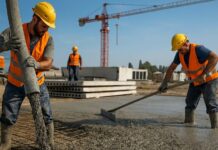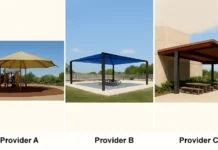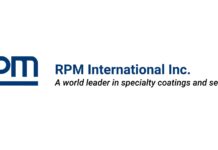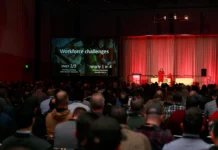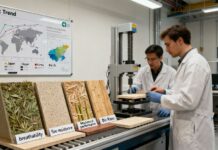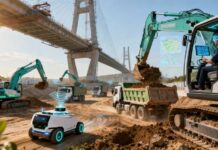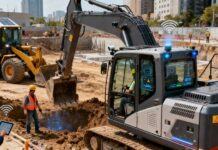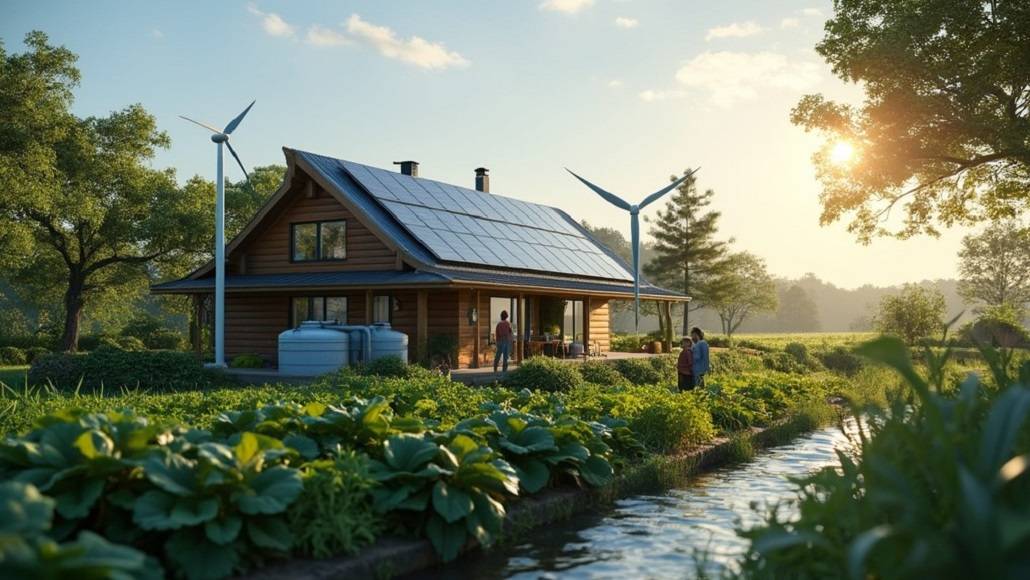As technology advances and environmental consciousness grows, the appeal of off-grid living continues to captivate those seeking independence from conventional utility systems and a more sustainable lifestyle.
The transition to off-grid living represents a complex journey that demands thorough preparation across multiple domains, including land selection, resource management, and infrastructure development.
Living off-grid successfully requires mastering a diverse set of skills while creating robust systems for water, power, food production, and waste management that can withstand the challenges of independent living.
Critical Choices for Starting an Off-Grid Journey
Starting an off-grid lifestyle requires careful consideration of land selection and resource planning. The decision to live independently demands a thorough evaluation of legal requirements, natural resources, and accessibility factors.
Modern self-sufficient living has evolved beyond basic survival, incorporating advanced tools and sustainable practices for long-term success.
Land selection serves as the foundation of off-grid living, with several essential factors needing evaluation. Smart construction practices can be streamlined using equipment like specialized skid steer attachments for effective terrain management. The growing interest in independent living is evident as 180,000 American homes have already embraced this lifestyle.
Succeeding off the grid means building essential systems from the ground up while gaining the hands-on skills to keep them running independently. Your success depends on understanding construction methods, implementing sustainable practices, and maintaining various systems independently.
This lifestyle shift demands a commitment to learning and adapting to challenges while creating a self-sustaining environment.
Water Security and Power Solutions for Self-Sufficiency
A dependable water supply forms the foundation of successful off-grid living. Many homesteaders opt for drilling wells and installing efficient residential water pumps to ensure consistent water access. These systems need careful planning and maintenance to function reliably in remote locations. The choice between surface water collection, rainwater harvesting, or groundwater extraction depends on local conditions and regulations.
Power generation stands as another critical component of self-sufficient living. Solar energy has emerged as a leading solution for off-grid power needs, with 41% of people currently lacking energy access projected to rely on it by 2030.
The implementation of renewable energy solutions continues to advance, making sustainable power increasingly accessible.
Before installing your system, calculate your daily water consumption needs to ensure proper capacity. Install backup power storage solutions to keep essential appliances running during outages.
Consider hybrid systems that combine solar with wind or micro-hydro power for increased reliability and efficiency. Regularly monitor and maintain your filtration systems to ensure consistent water quality.
The integration of water security and power solutions requires careful consideration of seasonal variations. Smart system design incorporating backup options helps prevent disruptions during extreme weather or equipment maintenance.
Regular monitoring and preventive maintenance ensure these essential systems continue functioning optimally throughout the year.
Food Production and Resource Management
Growing your own food serves as a cornerstone of successful off-grid living. Mastering sustainable agriculture techniques allows you to create a reliable food supply while maintaining independence from conventional markets. Your journey starts with understanding soil composition, seasonal planting cycles, and effective crop rotation methods.
Implementing smart food storage solutions proves essential for maintaining a steady supply throughout the year. From root cellars to modern preservation methods, each approach plays a vital role in extending the shelf life of harvested produce.
Food preservation skills like canning, dehydrating, and fermenting help create a diverse pantry that sustains you through lean periods.
To build long-term food security in an off-grid lifestyle, incorporate these essential practices into your food production and storage system:
- Select crops suited to your climate zone and soil conditions
- Learn basic animal husbandry for eggs, dairy, and meat production
- Install proper storage facilities for different food types
- Practice multiple preservation techniques for dietary variety
- Create backup food reserves for unexpected shortages
Integrating livestock management with crop production creates a self-sustaining cycle on your homestead. Animals provide natural fertilizer for gardens while consuming excess produce and weeds.
This symbiotic relationship reduces waste and maximizes the productivity of available land. Smart resource allocation, combined with strategic food planning, ensures consistent nutrition while minimizing dependence on external supplies.
Emergency Readiness and Sustainable Waste Solutions
Living off-grid demands effective waste management practices to maintain a clean, safe environment. A well-planned waste system incorporates composting organic materials, separating recyclables, and implementing proper treatment for household water discharge.
These practices help create a sustainable cycle while protecting local ecosystems and groundwater sources.
Setting up comprehensive waste management systems requires addressing several key components before transitioning to off-grid living.
You’ll need a dedicated composting area for food scraps and organic waste, separate collection bins for recyclables, and a properly designed septic system or an alternative waste treatment solution.
Additionally, a greywater collection and filtration setup for garden irrigation is essential, along with adequate storage space for materials awaiting disposal or recycling.
Emergency preparedness is equally crucial for self-sufficient living. Your location’s isolation means you’ll need extensive medical supplies, including prescription medications and first-aid equipment.
Weather-related challenges require backup generators and alternative heating sources. Create detailed evacuation routes and keep a supply cache with at least three months of essential items. Regular maintenance of these emergency systems ensures they’ll function when needed, providing peace of mind in your off-grid lifestyle.
Essential Insights for Off-Grid Living Success
Off-grid living isn’t simply a relocation—it’s a fundamental shift in mindset and resourcefulness.
From securing water and energy to building sustainable food systems and emergency readiness, success lies in consistent planning, practical skills, and ongoing system maintenance.
The success of an off-grid lifestyle ultimately depends on developing practical skills, implementing robust infrastructure, and maintaining a proactive approach to resource management, making it an achievable goal for those willing to invest the necessary time and effort in proper preparation.





